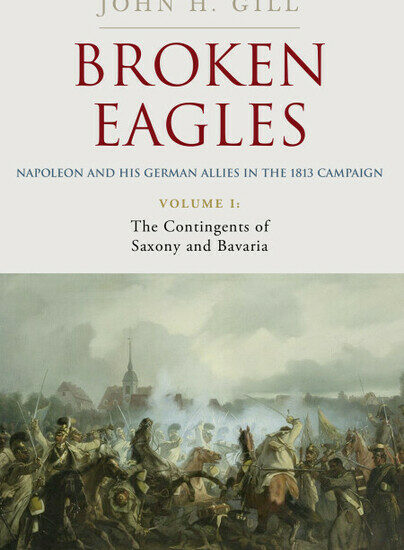Women’s History Month – Catherine Rayner
LIFE, LOSS AND LITERATURE
The Bronte family all displayed unique literary talents, with a gift of story-telling carried throughout their history. With an Irish father and a Cornish mother they inherited both natural and nurtured traits, which blossomed into a plethora of stories, poems, novels and letters. This book examines their heritage, their lives and their literary output, which took place against a background of intense personal tragedy, unrequited love and early deaths. None of the six Bronte siblings lived beyond the age of 39; Charlotte living a year longer than her mother who died aged 38 in 1821 when her six children were all under the age of eight. There story is unique and intensely relevant to modern audiences and all the social, religious and political upheaval of our modern world.
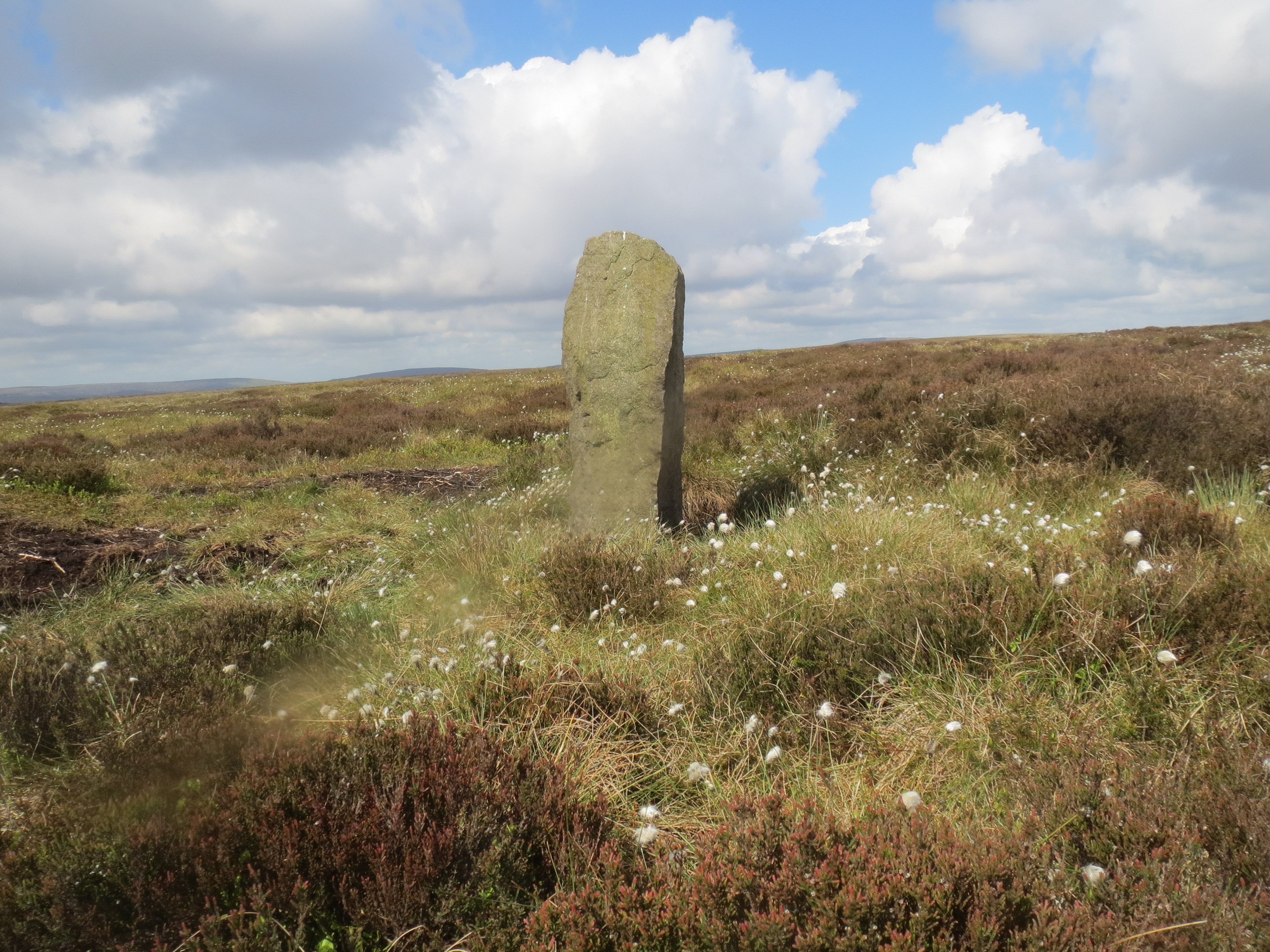
To understand life in Britain 200 years ago one has to look at a wider picture. The wars in France and America were very much to the fore and the growth of the Industrial Revolution engendered science and discovery which permeated and wrought change, throughout the world. Political upheaval, social unrest and the ever present poverty of the lower classes, drove even deeper the divide between rich and poor. Class and manners in Britain dictated the role of the sexes; where women had little or no status, rights or privileges. Education was not offered to many, especially the poor and women, and religion was the guiding form of social control for large numbers of the population.
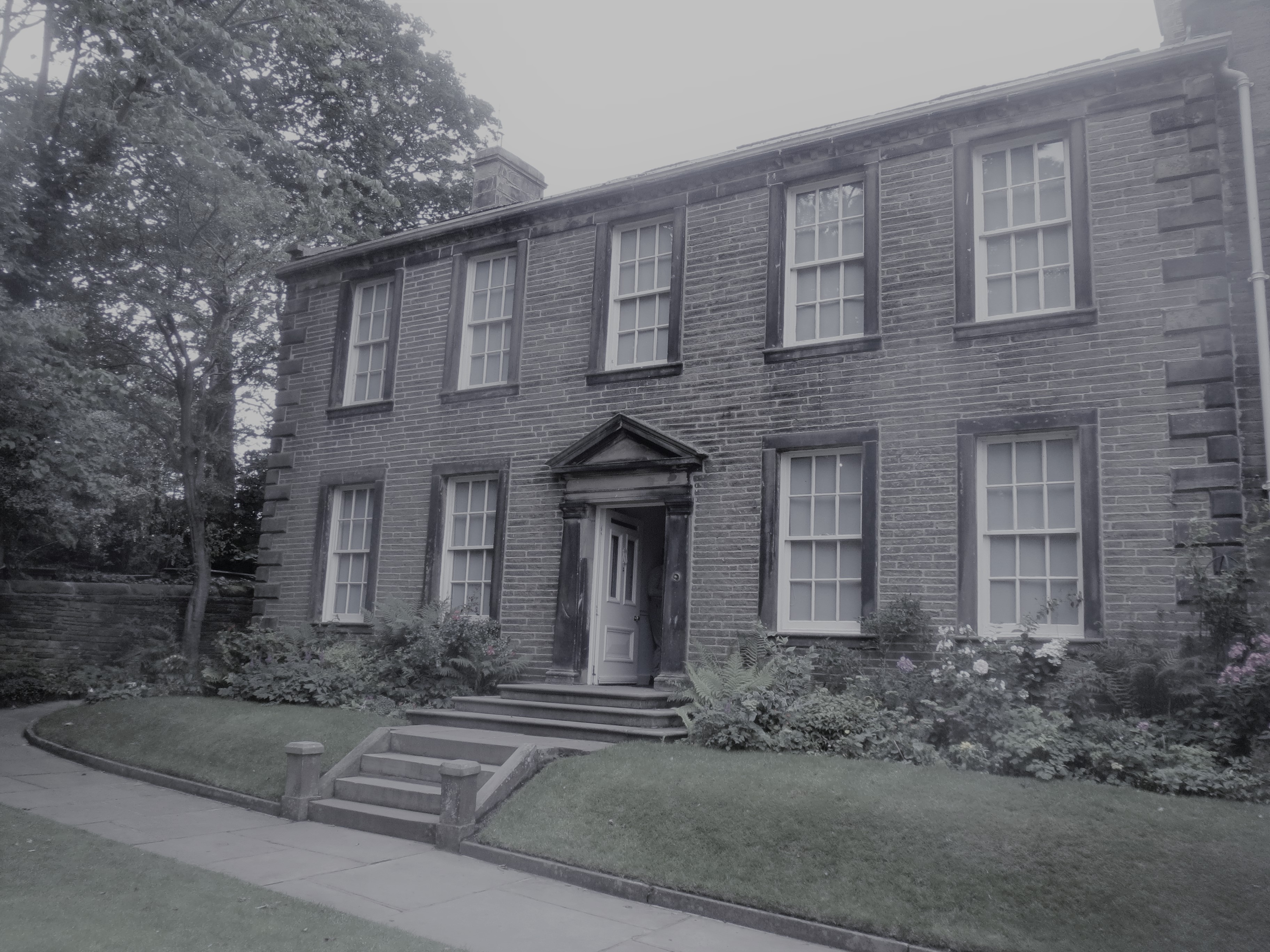
Into this changing world came the Rev. Patrick and Maria Bronte with their forward ideas on education and its importance in raising children. Their complete faith in God was instilled in their offspring, who all reacted in different ways to this teaching. Whilst home-schooling their family, they introduced a wide range of books and journals to educate and stimulate their young minds. Three tragic deaths in the family left the four youngest bereft and they turned to each other for comfort and support in an intensive and productive relationship. For most of their lives, they wrote fantasy, poetry and, eventually, novels that have amazed and confounded the literary world ever since.
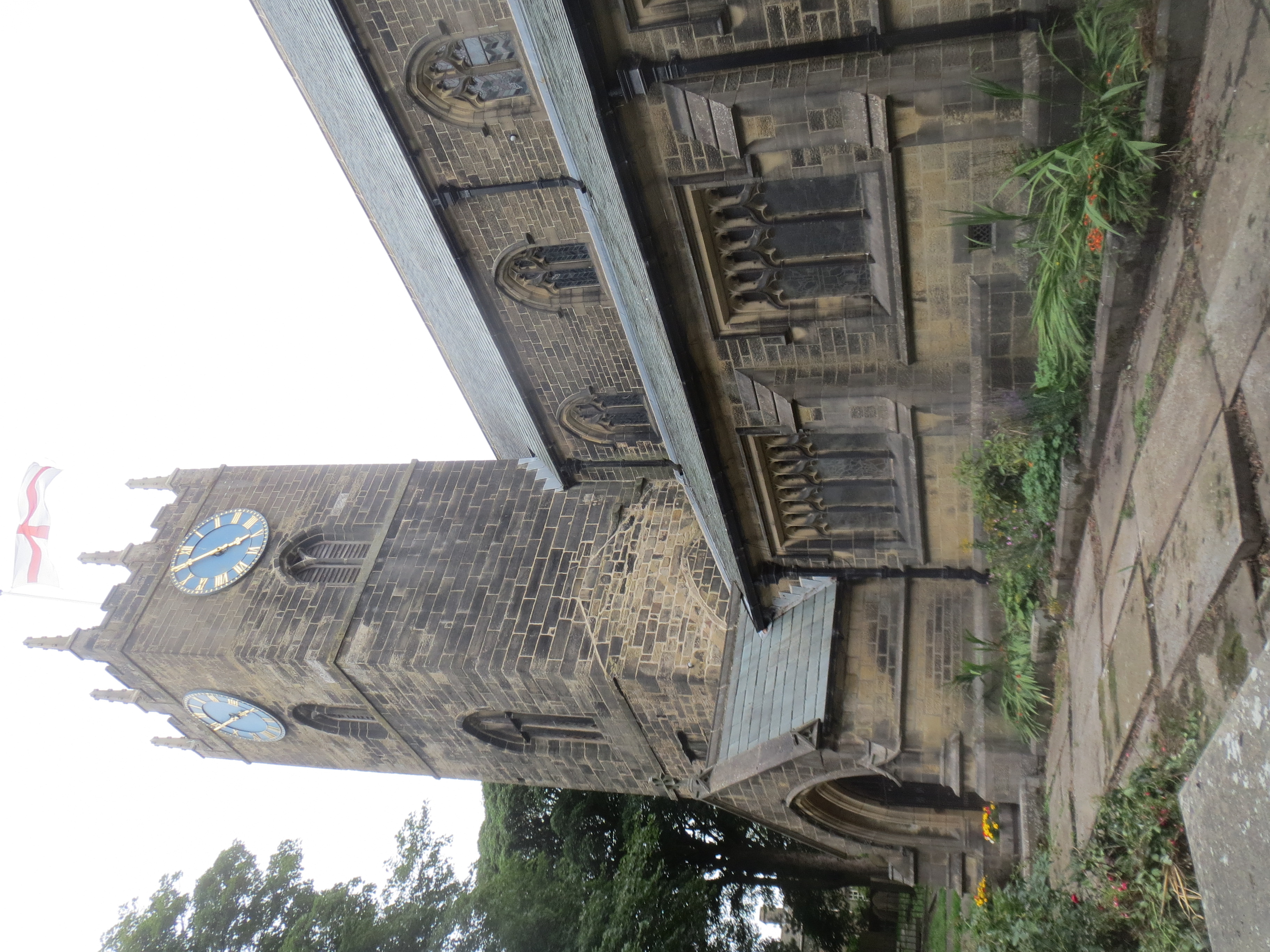
Their books and poetry are valued for their intense understanding and realisation of the human condition. The Bronte family were not isolated in adulthood, although they remained living at their Parsonage home for almost all of their lives. They travelled and met a range of people and situations, many which caused them acute pain but fed their imaginations and imbued their writing. The three girls were also especially drawn to the moors, which spread for many miles to the west of their home. This was their playground and its natural habitat and wildlife, their comfort. Branwell Bronte, the only male and the most precocious of the siblings, had pressures and sorrows which he found unable to tolerate and, despite his gifts, died before he could settle into a useful and purposeful life. His sisters trammelled their experiences into their writing with intense observations of the people and surroundings in which they found themselves. Years of interest and study made them acutely aware of the social and political times in which they lived and often tested their own faith in religious doctrines.
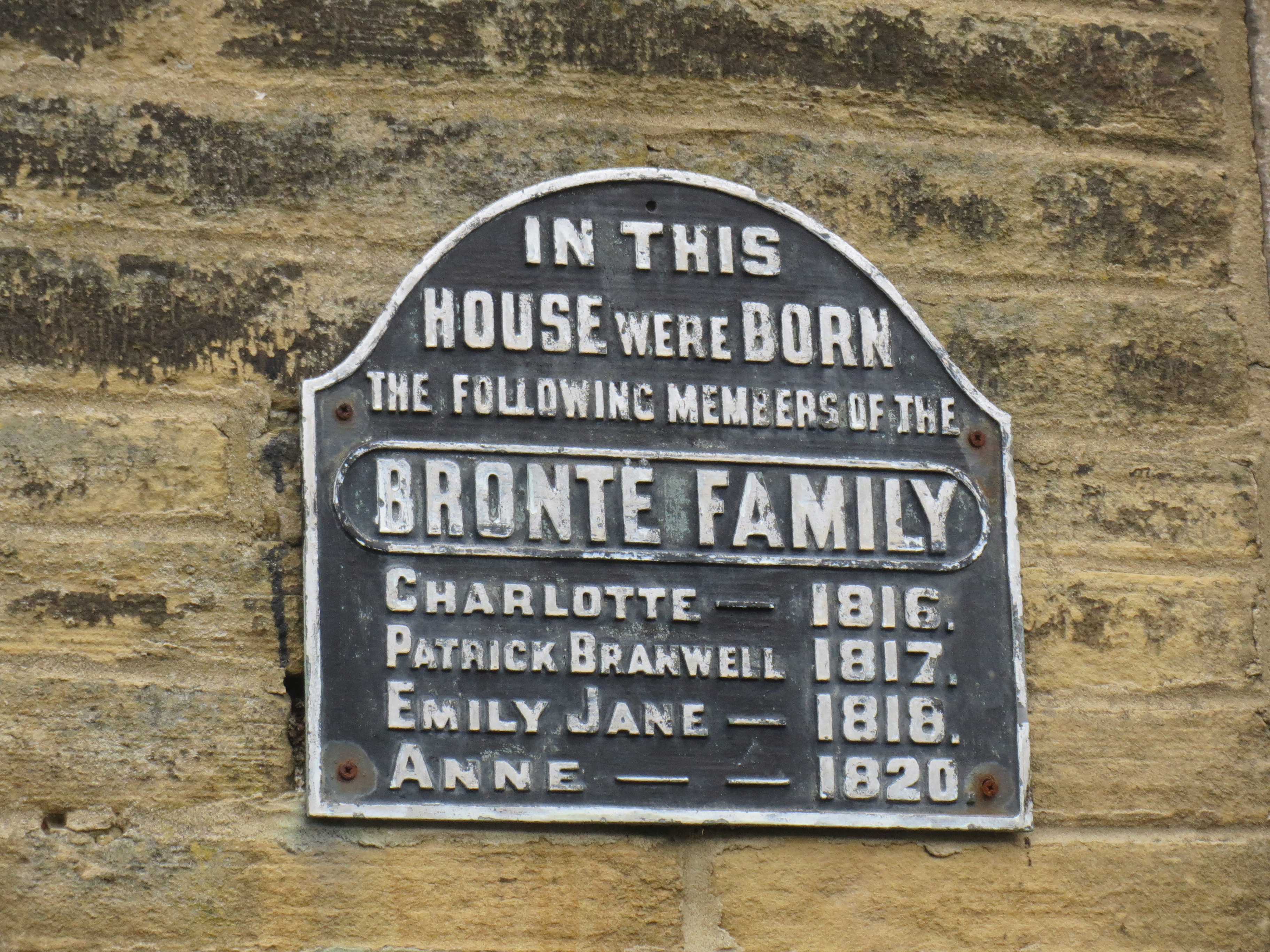
Whilst their novels created criticism and scandal at the time, we can now appreciate their perceptive and controversial ideas and how they were able to address every aspect of human relationships and challenge the way that we organise our lives, socially, emotionally and politically. The books have never gone out of print and are read and enjoyed throughout the world because they have an ongoing relevance to the core values of how and why people behave and interact as they do. This is a skill that the three sisters all possessed, and the tragedy of their early deaths robbed the literary world of the possibility of further volumes. Their seven novels, their poetry and letters, their juvenilia and journals, are testament to their extraordinary perception and creative imaginations. Their short, unique but meaningful lives and their relationships and experiences poured into their novels, are the focus of this book.

Order your copy of The Brontë Sisters here.

